Vitamin A is a fat-soluble vitamin required for healthy skin, mucus membranes, eyes, muscles, teeth, and other parts of the body. It is also necessary for growth, immunity, and reproduction. Like vitamin D, humans “make” our own vitamin A from the beta carotene we get from vegetables. However, recent studies suggest that chameleons are unable to convert beta carotene into the vitamin A that they need.
Vitamin A toxicity is the opposite problem (too much vitamin A, rather than too little), but is much rarer now than it was 30 years ago when keepers first started to voice concerns.
Symptoms
- Stunted growth
- MBD
- Necrotic (dead) tail tip
- Swollen lips
- Swollen eyes
- Edema
- Spinal deformity
- Poor coordination
- Weak grip
- Respiratory infection
- Loss of appetite
Cause
- Multivitamins with beta carotene instead of retinol
- Poorly-fed feeder insects
Treatment
Vitamin A deficiency in Jackson’s chameleons must be addressed by a certified reptile veterinarian. Oral or injectable vitamin A may be prescribed, depending on the chameleon’s condition. However, deformities caused by vitamin A deficiency may be permanent. Without treatment, the chameleon will die.
Offering a variety of well gut-loaded insect and a retinol-containing multivitamin supplement like Repashy SuperVite should provide the vitamin A that your chameleon needs without risking overdose. Refer to Feeding Your Jackson’s Chameleon for more information.
Other chameleon health topics:
Tell your friends -
- Click to share on Facebook (Opens in new window) Facebook
- Click to share on X (Opens in new window) X
- Click to share on Tumblr (Opens in new window) Tumblr
- Click to share on Reddit (Opens in new window) Reddit
- Click to share on Pocket (Opens in new window) Pocket
- Click to share on WhatsApp (Opens in new window) WhatsApp
